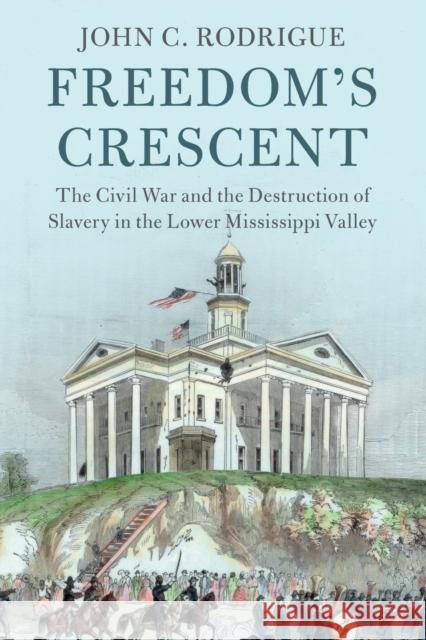Freedom's Crescent » książka
topmenu
Freedom's Crescent
ISBN-13: 9781108439343 / Angielski / Miękka / 2023
Freedom's Crescent
ISBN-13: 9781108439343 / Angielski / Miękka / 2023
cena 136,22
(netto: 129,73 VAT: 5%)
Najniższa cena z 30 dni: 134,63
(netto: 129,73 VAT: 5%)
Najniższa cena z 30 dni: 134,63
Termin realizacji zamówienia:
ok. 22 dni roboczych.
ok. 22 dni roboczych.
Darmowa dostawa!
A sweeping history of the Lower Mississippi Valley and its central role in abolishing slavery in the American South.











